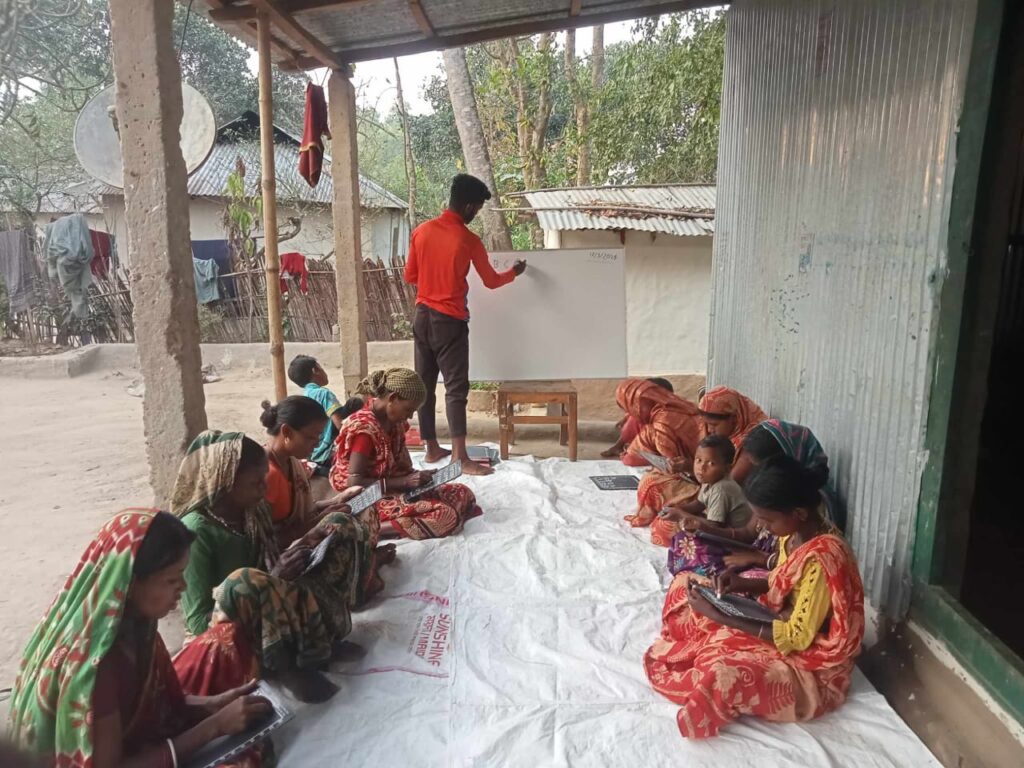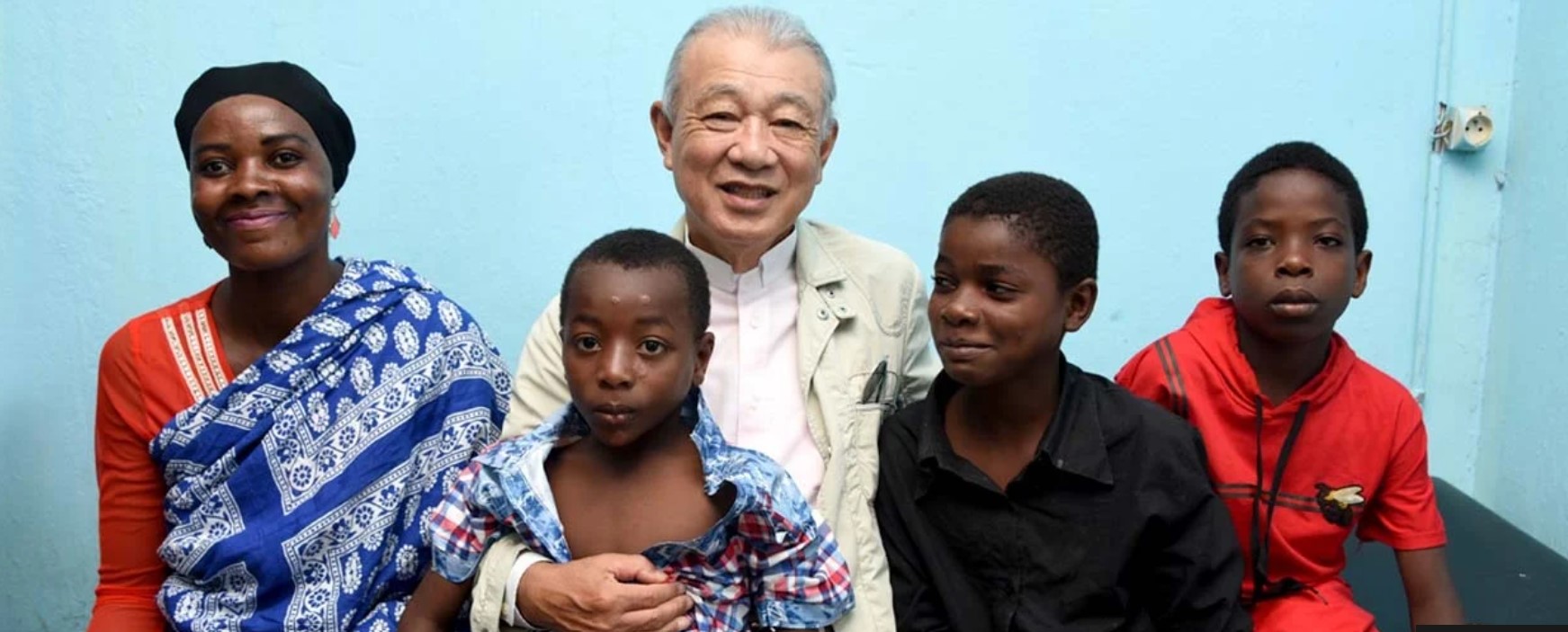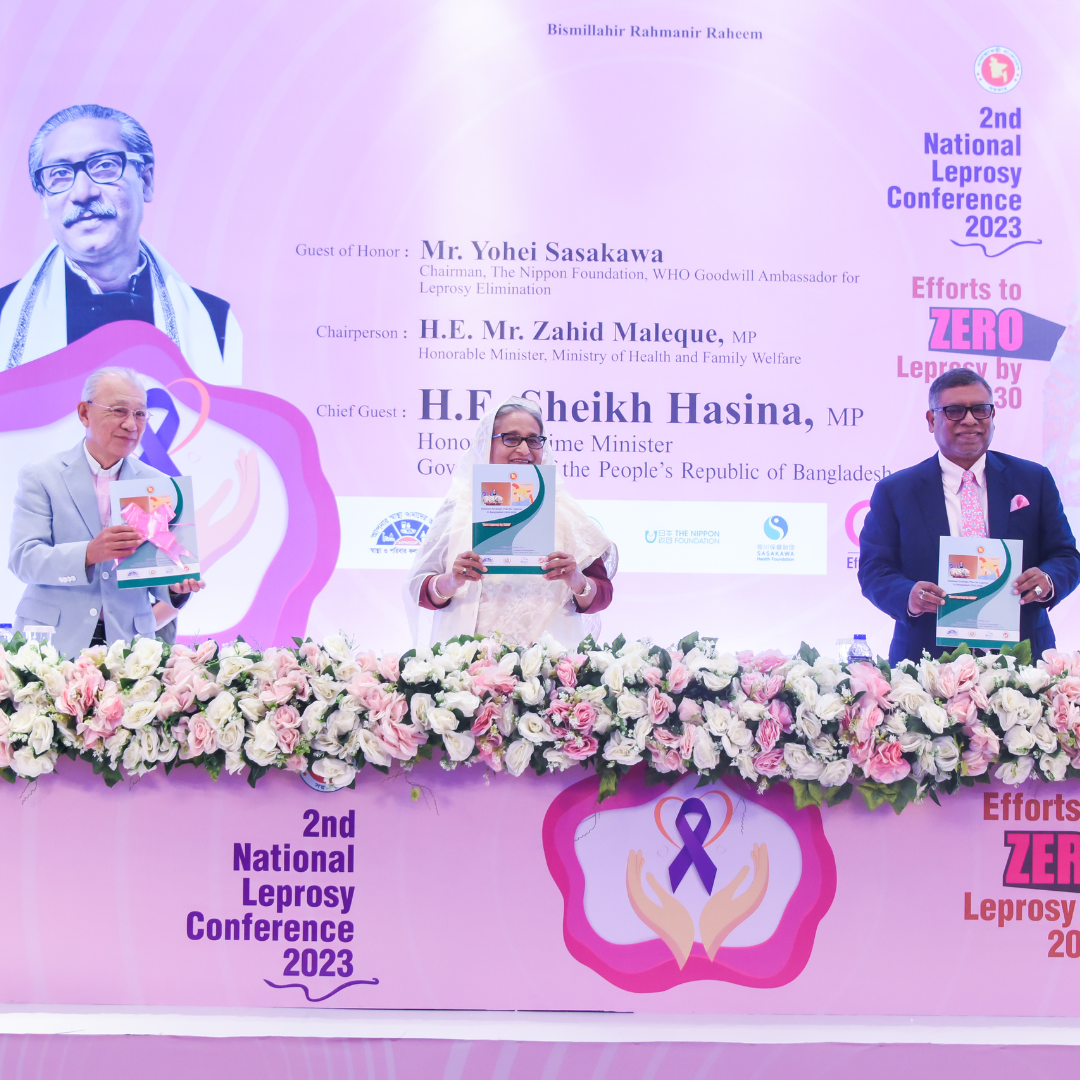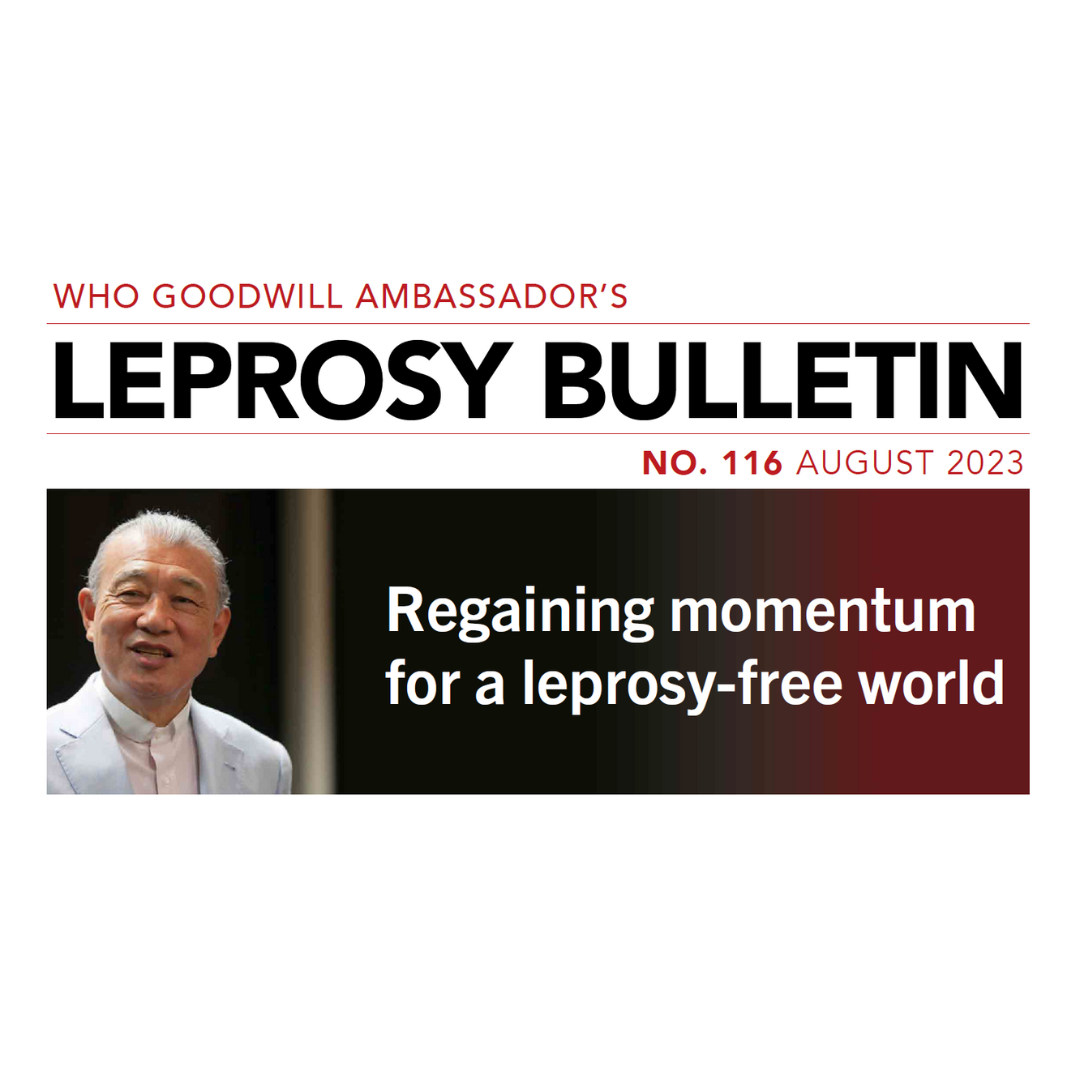
Klinton Malakar
Project Officer
Advancing Leprosy and Disadvantaged Peoples Opportunities (ALO) Society
Founded in Bangladesh in 2013, ALO Society is a registered national level NGO of persons affected by leprosy working toward a “society for all” where everyone knows their rights, has access to quality care, and can find opportunities to improve their livelihood.
https://alosocietybd.org/
Bangladesh’s education system spans primary, secondary, higher secondary, and tertiary levels. Despite efforts to improve access and quality, dropout rates persist as a significant challenge. Primary dropout rates stand at 13.95% and higher secondary dropout rates reach 37.6%, according to the 2022 Bangladesh census and the Bangladesh Bureau of Educational Information and Statistics (BANBEIS), respectively. Poverty, limited access to schools in rural areas, and societal norms, especially regarding gender roles, contribute to these dropout rates. Moreover, the stigma surrounding leprosy exacerbates vulnerabilities, hindering affected families’ ability to support their children’s education.
In response to these challenges, the Advancing Leprosy and Disadvantaged Peoples Opportunities (ALO) Society initiated the “Education for Empowerment Project,” supported by the Sasakawa Health Foundation (SHF) and with technical expertise from The Leprosy Mission International-Bangladesh (TLMI-B). This project aims to empower individuals affected by leprosy and their communities through education.
Operating across seven districts, the project takes a holistic approach to community empowerment by addressing various needs. By prioritizing education, the ALO Society aims to uplift individuals and break the cycle of poverty and stigma. Through collaborative efforts, the project stands as a beacon of hope, offering a novel approach to community development.
In a complex socioeconomic landscape, targeted interventions are crucial. The Education for Empowerment Project seeks to bridge gaps in access and quality, providing a lifeline to marginalized individuals affected by poverty and leprosy stigma. Through innovative approaches and collaborative efforts, the ALO Society and its partners pave the way for a brighter and more inclusive future.
The project supports 100 students (37 male, 63 female) from vulnerable families affected by leprosy to pursue higher education. Sponsored students, in turn, provide free coaching services to 498 primary and high school students as well as non-formal education to 210 adult members of leprosy people’s organizations. The project also offers training in leprosy case identification and teaching methods to sponsored students, enabling them to learn and disseminate this knowledge to others. Education materials were provided to adult learners and sponsored students to facilitate coaching setups. This active participation model has resulted in enhanced educational achievements and increased community engagement.
Despite challenges such as adapting to evolving teaching methods and political disruptions, the project has shown resilience. It has already shown significant impact and is changing mindsets within the community. Looking ahead, the project aims to expand its reach and impact by deepening community engagement, strengthening educational support systems, and advocating for sustainable change.
The Education for Empowerment project demonstrates the transformative potential of education to uplift marginalized communities and the ALO Society’s commitment to supporting the community in ways that result in lasting change.










